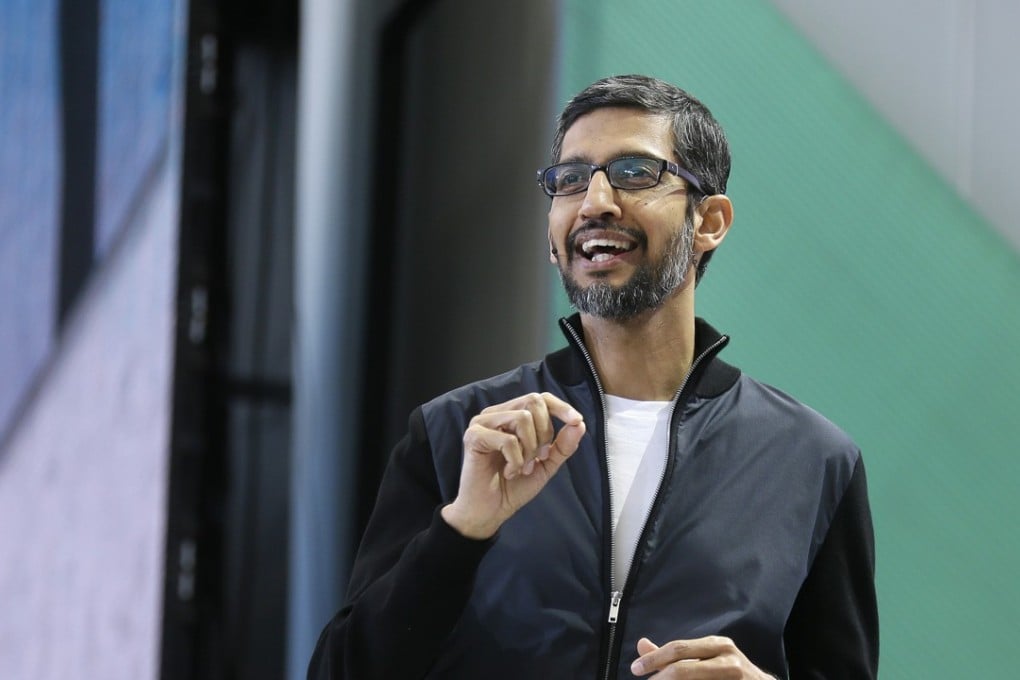Sundar Pichai defends Google’s controversial search effort in China although final direction not clear
- Search giant follows ‘right to be forgotten’ laws to comply with local rules
- Google has not been available in China for nearly a decade after the company publicly withdrew from the country in protest at censorship

Google chief executive Sundar Pichai said in an interview that the company operates in lots of countries around the world where there is censorship and that when the search giant follows “right to be forgotten” laws, it is censoring search results in order to comply with local laws.
Pichai’s comments come after the company’s controversial attempt to launch a censored search product in China – known as Project Dragonfly – triggered an outcry among employees and US politicians amid an escalating trade war and concerns over freedom of speech.
“I’m committed to serving users in China. Whatever form it takes, I actually don’t know the answer,” said Pichai in an interview with The New York Times published on Thursday. “It’s not even clear to me that search in China is the product we need to do today.”
Google has not been available in China for nearly a decade after the company publicly withdrew from the country in protest at censorship and alleged government hacking. But news surfaced in August that the company has been testing a censored version of its Google search product in an attempt to return to China, which is home to 772 million internet users, the biggest online community in the world.
Pichai did not provide any further details on the company’s China plans in the interview but underlined his commitment to the market, three weeks after he publicly acknowledged the existence of the China search engine project for the first time.